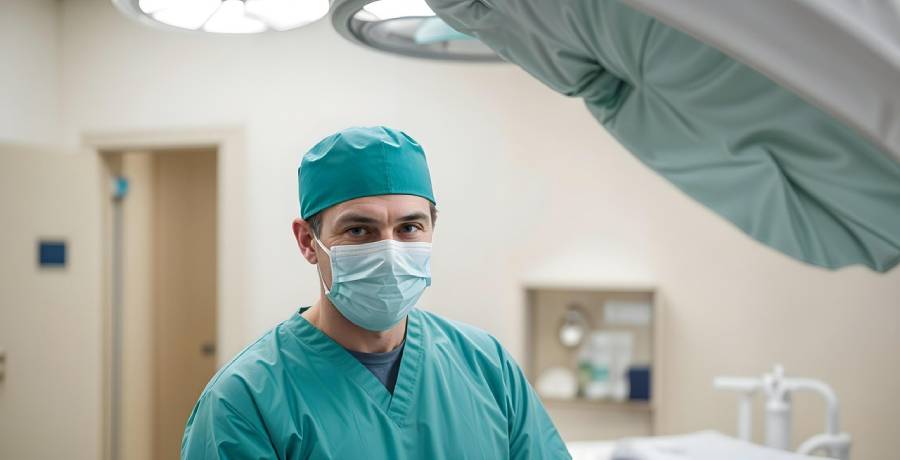Research any accredited body donation program by examining their credentials, transparency, remains return policies, transportation costs, and organizational history to ensure dignified handling and ethical practices.
The end-of-life conversation isn’t one most people rush toward. It’s tough, emotional, and sometimes postponed until absolutely necessary. Yet those considering alternatives to traditional burial face an added layer of complexity—finding a program they can trust.
Body donation programs vary tremendously in quality and practices. Some operate with stellar ethics and transparency, while others… Well, let’s just say they might not handle things the way most donors would expect. This gap in standards leaves many families confused about which option might best honor their loved one’s wishes.
Many people express interest in the chance to donate a body to science, but rarely know the right questions to ask beforehand. This lack of preparation sometimes leads to unfortunate situations where families discover troubling practices after it’s too late to change course. A bit of homework upfront can prevent these painful scenarios.
So, what exactly separates trustworthy donation programs from questionable ones? Here’s what matters:
Look Beyond Fancy Websites
Accreditation from the American Association of Tissue Banks means something—it’s not just a logo. Programs earn this credential by meeting strict standards for handling, storage, and ethical use. Programs without proper credentials might look professional online but operate very differently behind closed doors.
Ask Uncomfortable Questions
“What exactly will happen?” It feels awkward to ask, but good programs won’t dodge specifics. Will the donation support surgical training? Medical student education? Research on specific conditions? Vague answers might signal problems.
Final Arrangements Matter
Some programs promise returned cremated remains in months, then take years. Others never mention they don’t return remains at all. These details matter tremendously to grieving families, so get clarity before committing.
Transportation Logistics
Quality programs handle transportation logistics without surprise costs. Be wary of vague explanations about potential expenses—some less reputable programs hit families with unexpected bills during an already difficult time.
A Track Record Tells Stories
Has the program operated for decades or months? Do they have established relationships with respected medical institutions? Newer programs aren’t automatically problematic, but longevity often correlates with reliability.
The unfortunate reality? Some organizations operate primarily as businesses while presenting themselves as educational services. This misalignment between marketing and actual practices leads to situations where donations may not fulfill the meaningful purpose that motivated the donor’s decision.
Taking time with this research benefits everyone involved. It ensures donations truly support meaningful scientific advancement while sparing families additional stress during bereavement. The most ethical programs actually welcome detailed question—they understand the significance of the decision and respect donors enough to provide straightforward information.
This final gift deserves careful consideration. Finding a program that handles donations with appropriate dignity honors both the donor’s intentions and provides peace of mind for those carrying out these important wishes.
Geographic Considerations
Location matters more than many realize. Some donation programs only serve specific regions, while others operate nationally. Distance can affect transportation arrangements and costs. Programs with multiple facilities might handle donations differently depending on which location receives the body. Ask about these geographic factors, especially when pre-planning from a distance or considering relocation after retirement.
Additionally, state regulations governing body donation vary significantly. What’s standard practice in one state might be prohibited in another. Reputable programs stay current with these regulatory differences and explain how they might impact the donation process. This knowledge prevents last-minute complications that could potentially disrupt donation plans during an already challenging time.






